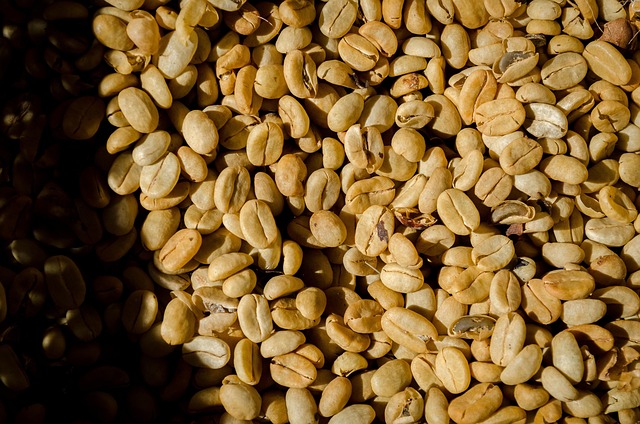In recent years, the movement towards organic production has gained momentum, capturing the attention of consumers, farmers, and policymakers alike. The notion that what we eat can have a direct impact on our environment and communities has spurred a transformation not only in our diets but also in the agriculture sector. As more producers embrace organic farming methods, we see significant ripple effects, particularly in areas like transport sustainability and rural development.
Organic production emphasizes environmentally friendly practices that not only prioritize the health of the soil but also reduce our carbon footprint. Unlike conventional farming systems, organic methods often rely less on synthetic fertilizers and pesticides, which can contribute significantly to ecological degradation. This commitment to sustainability begins right at home, as organic farms tend to be more localized, leading to shorter supply chains and a reduction in transportation-related emissions. By supporting local organic farms, consumers are essentially endorsing a system that values sustainability as much as it does profitability.
The transportation aspect of organic production deserves special attention. Transportation of goods is one of the largest sources of greenhouse gas emissions globally. However, organic farming promotes more localized food systems. When produce can be sourced from nearby farms, the time and energy invested in transporting food across vast distances decreases dramatically. This means fresher food options for consumers, reduced spoilage, and a lighter environmental footprint. The trend of community-supported agriculture (CSA) has grown, connecting consumers with farmers, and promoting direct-harvest deliveries that bypass conventional distribution channels.
Moreover, the impact of organic production goes beyond sustainability in transport; it extends into the heart of rural development. Organic farming creates jobs and fosters economic resilience in rural areas. As the demand for organic products continues to rise, it presents opportunities for small farmers to enter the market, diversify their crops, and enhance their livelihoods. Communities that rally behind organic agriculture become more self-sufficient, relying on their natural resources while encouraging responsible land use that can sustain future generations.
Investments in organic farming can spark innovation in rural infrastructure as well. Sustainable practices require additional training, and education programs aimed at farmers can lead to a more knowledgeable workforce. When rural communities become skilled in organic production techniques, they are better equipped to handle the challenges of modern agriculture. Further, access to organic markets can lead to improvements in local facilities, transportation networks, and even broader economic development initiatives.
As more communities recognize the importance of organic production, we witness a shift in landscape and lifestyle. Children grow up learning about sustainable practices and the value of local food, ensuring that the next generation remains connected to both the earth and their community. This empowerment through knowledge and participation in organic production nurtures a cultural legacy where people respect their agricultural practices and recognize their role in global sustainability.
In essence, the integration of organic production into our agricultural framework serves as a catalyst for both transport sustainability and rural development. It offers a roadmap for creating resilient communities, protecting the environment, and reestablishing the connection between food producers and consumers. As consumers become more conscious of their choices, it’s crucial that the organic movement continues to thrive, bringing along with it the promise of a more sustainable and equitable future.




